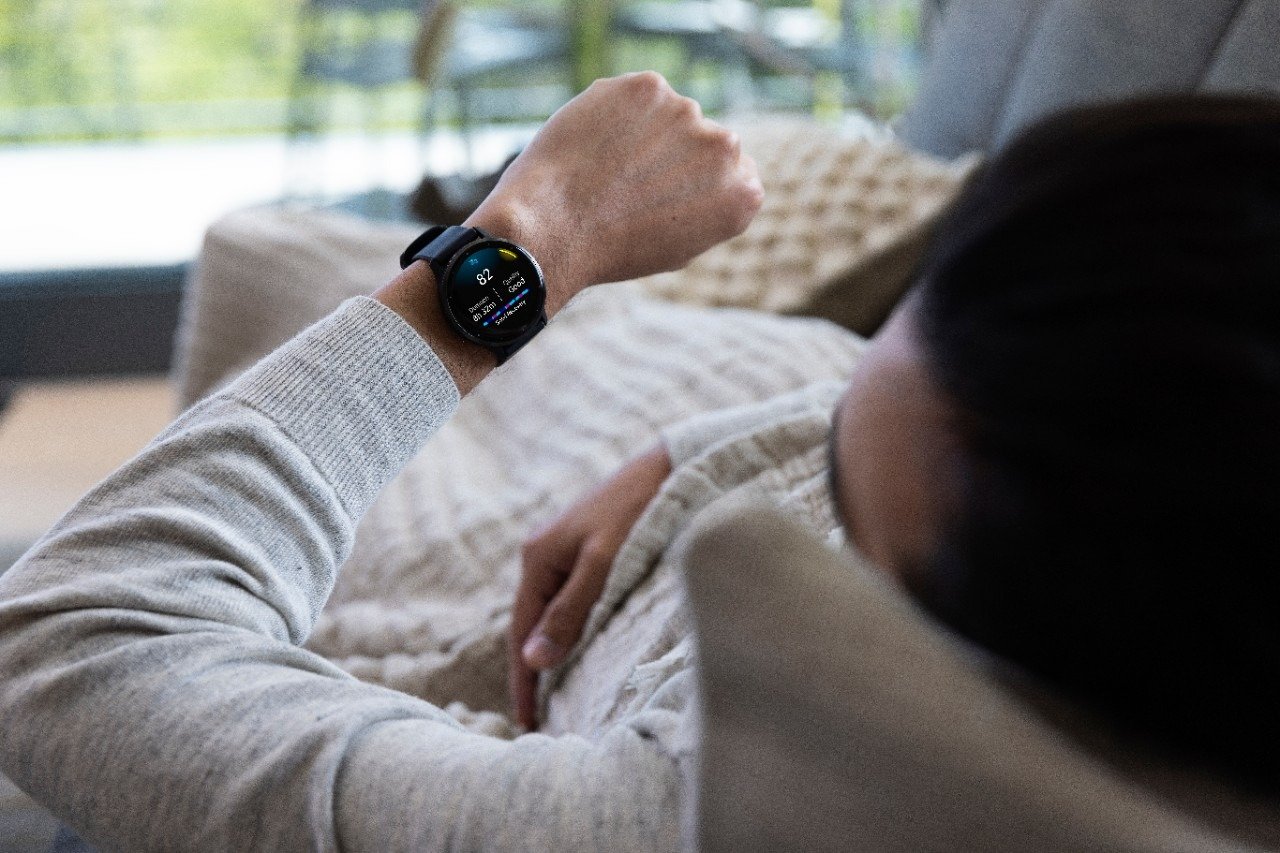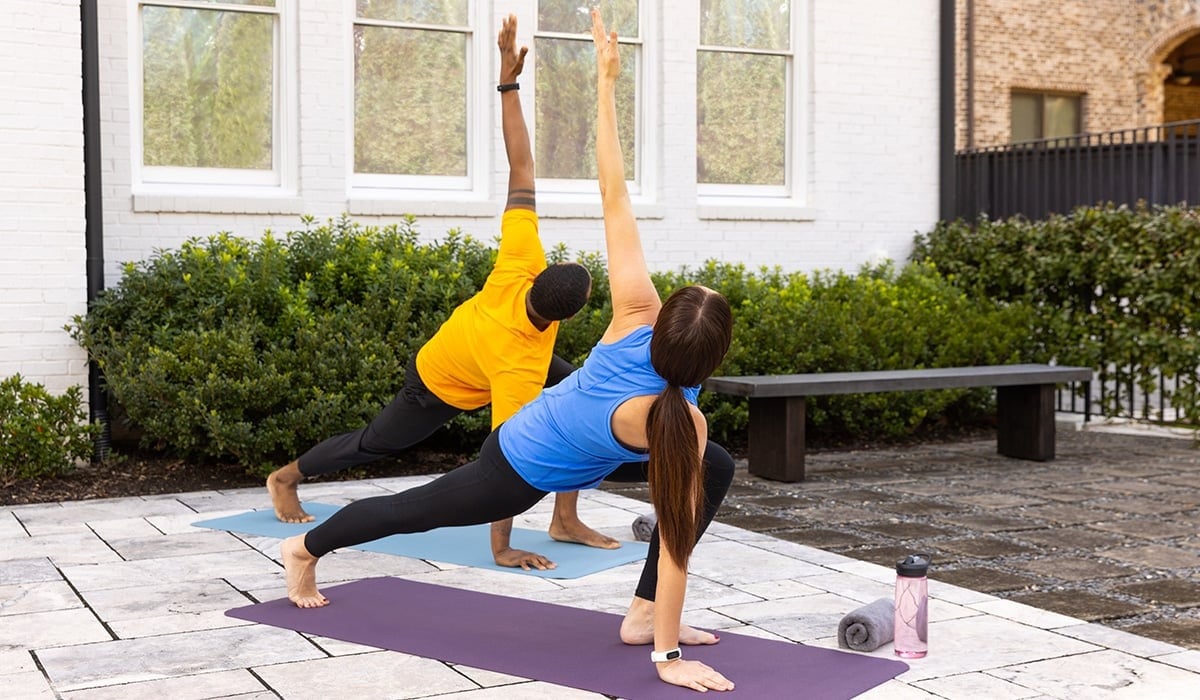
Garmin vívosmart 4 Users Invited to Advance Mental Health Research
Ever had a craving and suspected it might be more related to an emotional need than a physical one? Of course you have — we’ve all been there. Sometimes it’s a one-off event — a late-night ice cream run after a particularly bad day — but sometimes it’s a bit more insidious. It’s well-documented that stress affects not only your mental health, but also your physical wellbeing and quality of life. Those stress cravings — whether for food, alcohol or drugs — can quickly turn into a much bigger problem than a lone sugar crash.
This is where RAE Health comes in. RAE has patented an algorithm to detect and track those emotional stress cravings in real time to identify exactly how your body is being affected — and where you could begin to make improvements. Supported by the National Institute of Health, RAE has conducted research on stress and cravings in collaboration with the University of Massachusetts and the University of Texas Tyler. Publications on RAE’s prior research can be found in the Journal of Psychiatry and Brain Science and the Drug and Alcohol Dependence Journal.
RAE is working to expand that research into many areas of mental health — and this is where Garmin comes in. Using a compatible Garmin wearable, Garmin users are invited to take a short survey and participate in a beta test of the consumer version of the RAE Health app. When paired with your wearable, the app can push alerts of stress and cravings straight to your smartphone, allowing you to identify what’s happening before the urge takes hold.
“We consider RAE a tool to help individuals better understand emotional responses, patterns and triggers around stress and cravings, as well as alert them to events often prior to the brain recognizing,” said Megan Reinhardt, co-founder of RAE Health. “The ability to identify these events in real-time is a game-changer for consistent mental health awareness.”
Interested in killing cravings before they happen? Or in advancing mental health research? To get started, take RAE Health’s 2-minute survey here.




